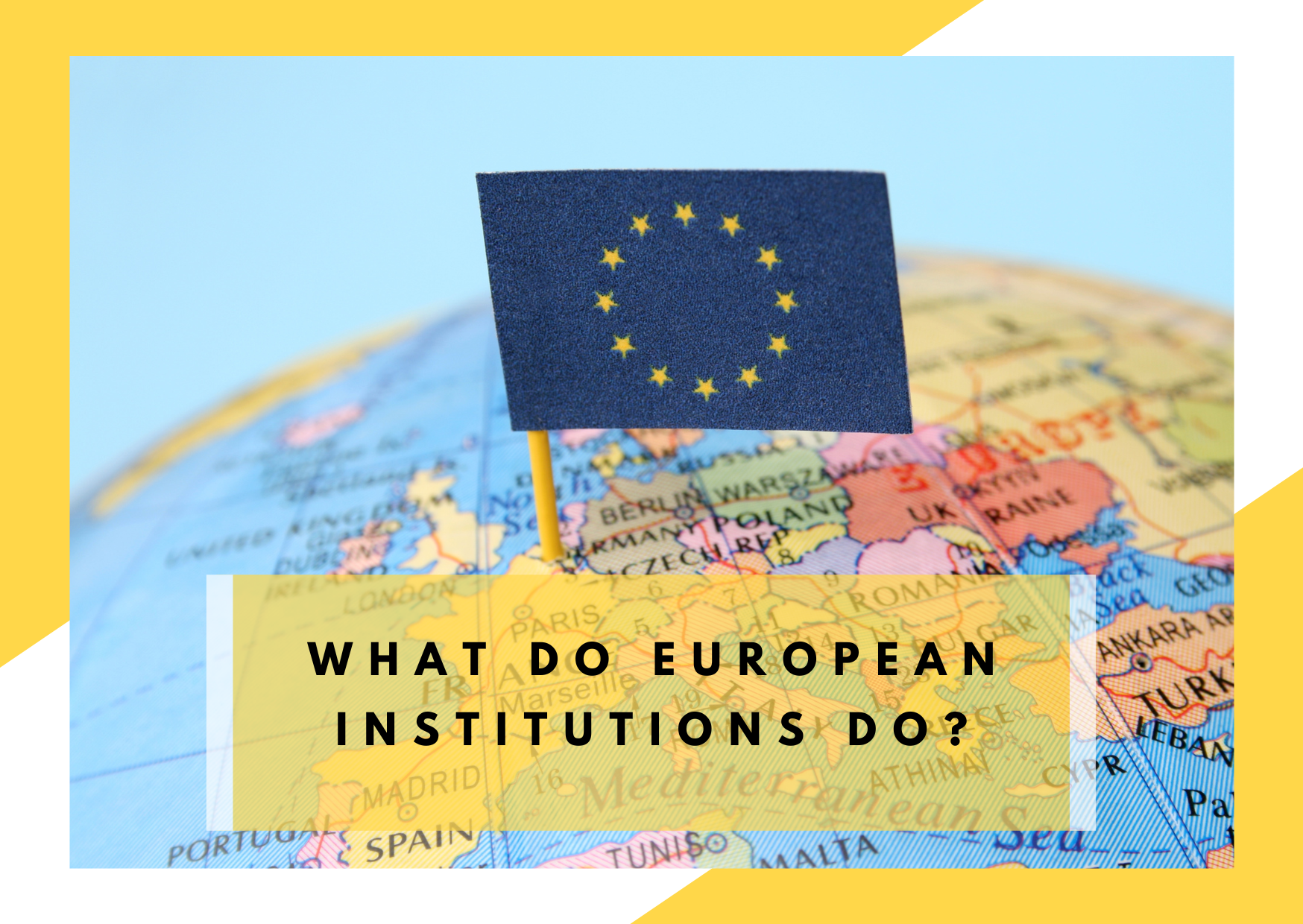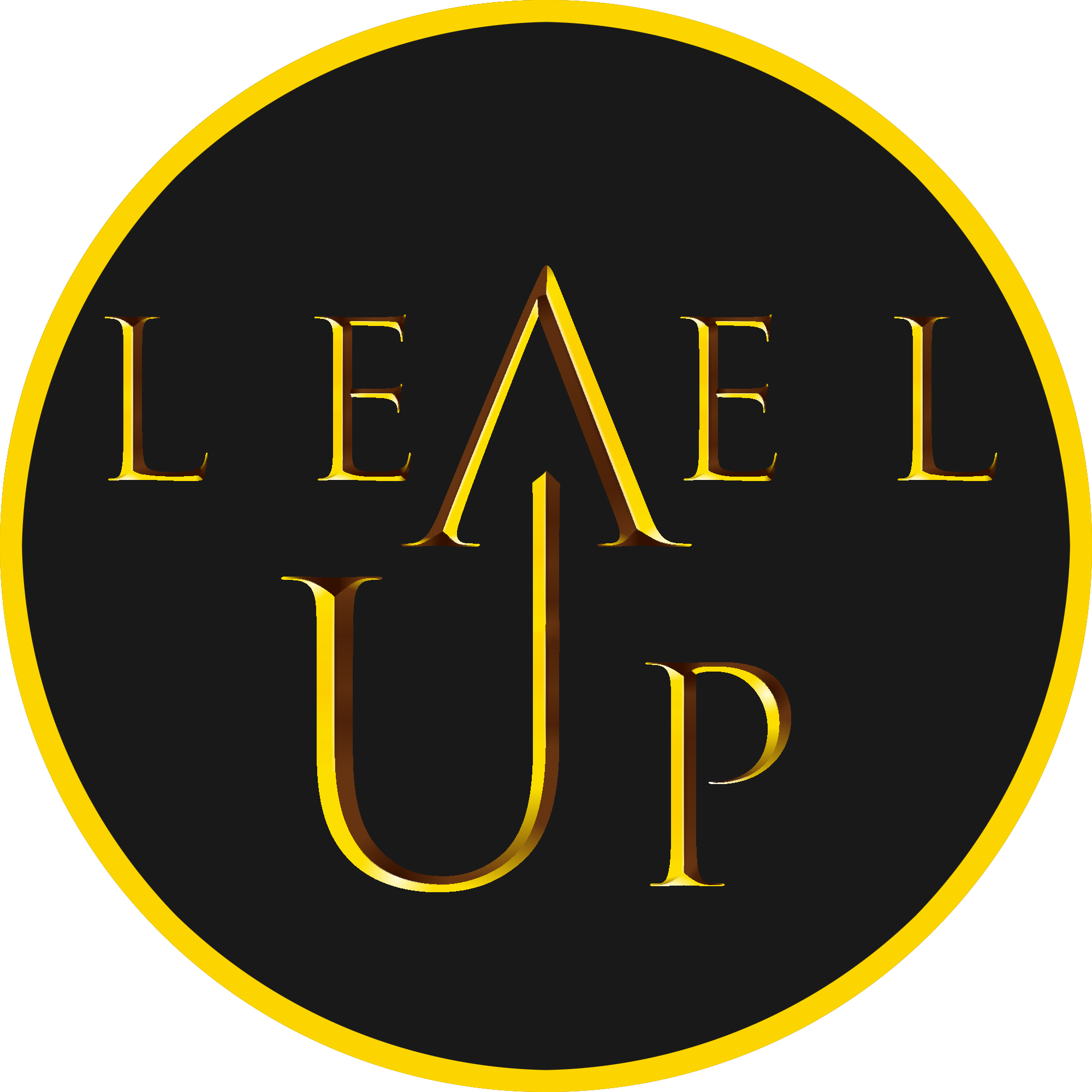August 11, 2025

On May 9th 1950 the Schuman Declaration paved the way for the European Coal and Steel Community and marked the beginning of the European integration process. Today, several EU institutions shape many policies governing our everyday lives. But do you know exactly what they do? Here is a general introduction to the functions of the main ones.
European Commission
The Commission is the executive body of the EU. It is the agenda setter of the European Union, as it proposes new legislation and policies, which are (usually) adopted by the European Parliament and the Council. The Commission also ensures that EU policies and laws are correctly applied across all countries, which is why it is often described as the “Guardian of the Treaties”. The president of the European Commission is selected every 5 years after the European Parliament elections. The leaders of EU countries, reunited in the European Council, nominate a candidate for Commission President taking into account the results of the European elections. The candidate for Commission President needs to receive approval from Parliament.
European Parliament (EP)
The European Parliament represents the EU citizens and is directly elected by them. It takes decisions on European laws jointly with the Council of the European Union, according to what is defined as the Ordinary Legislative Procedure. Apart from its legislative function, it also has a supervisory and budgetary role. The European Parliament is considered as the most democratic of the European institutions, as it is the only one to be directly elected. For this reason, many people advocate for an increase of its role in the decision-making process, which would lead to better accountability and a lower democratic deficit.
Each 5 years 720 MEPs (Members of the European Parliament) are elected. The number of MEPs for each country is roughly proportionate to its population. The last EP elections took place in June 2024 (do you want to know more about the results? Check this: https://results.elections.europa.eu/en/).
PS: if you are not in your home country during the next European elections, don’t worry! You can also vote from other European countries following a very easy procedure.
European Council and Council of the European Union
Understanding the difference between these two institutions can often trigger a headache. But don’t worry! The explanation is actually quite straightforward.
- The European Council sets the overall political direction and priorities of the EU. It does not pass laws, but it plays a critical role in defining the EU’s agenda. It brings together the Heads of State or Government of the EU member states, along with its own President and the President of the European Commission. It usually meets four times a year, but can meet more often in times of crisis or key decision-making moments.
- The Council of the European Union (also called the Council of Ministers or simply “the Council”) is where national ministers from each EU country meet to adopt laws and coordinate policies. It shares legislative and budgetary powers with the European Parliament. The Council meets in different configurations depending on the policy area (e.g., agriculture, finance, justice). The presidency of the Council rotates among member states every six months.
So in a nutshell: the European Council sets the EU’s broad direction, while the Council of the European Union works on laws and policy details, together with the European Parliament.
Court of Justice of the European Union (CJEU)
The Court of Justice ensures that EU law is interpreted and applied the same way across all EU countries. It settles legal disputes between national governments and EU institutions and can also be called upon by national courts to interpret EU law.
There are two main components:
- The Court of Justice, which handles cases brought by EU institutions and member states.
- The General Court, which mostly deals with cases brought by individuals, companies, and some organizations.
Its rulings are binding, and it plays a key role in ensuring that EU rules are respected and uniformly enforced, helping to maintain legal certainty and the rule of law across the Union.
Why should you care?
EU institutions might seem distant, but they influence many aspects of our lives, from consumer protections and environmental standards to digital privacy and travel rights. Understanding how they work can help citizens make informed choices and hold EU leaders accountable.
